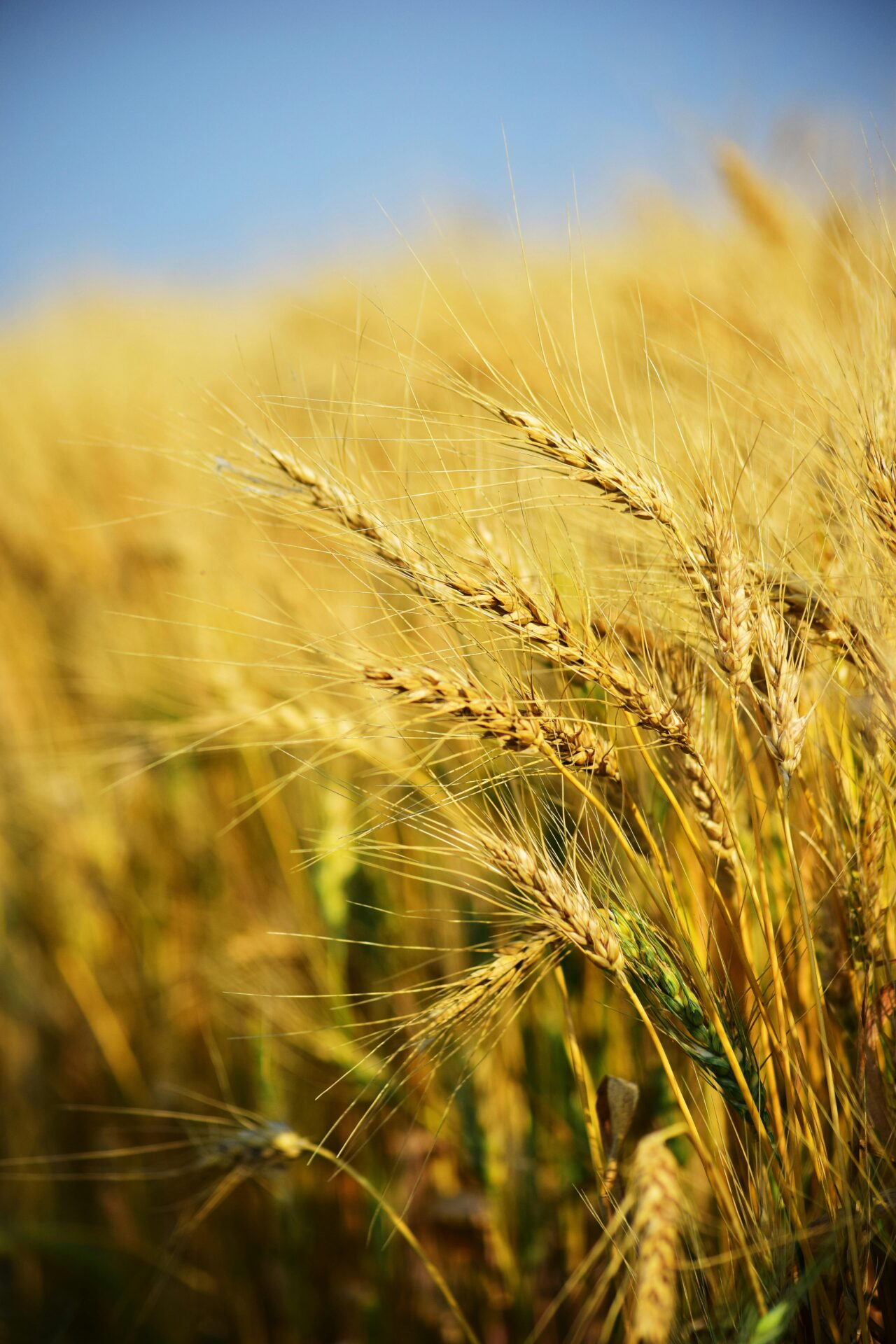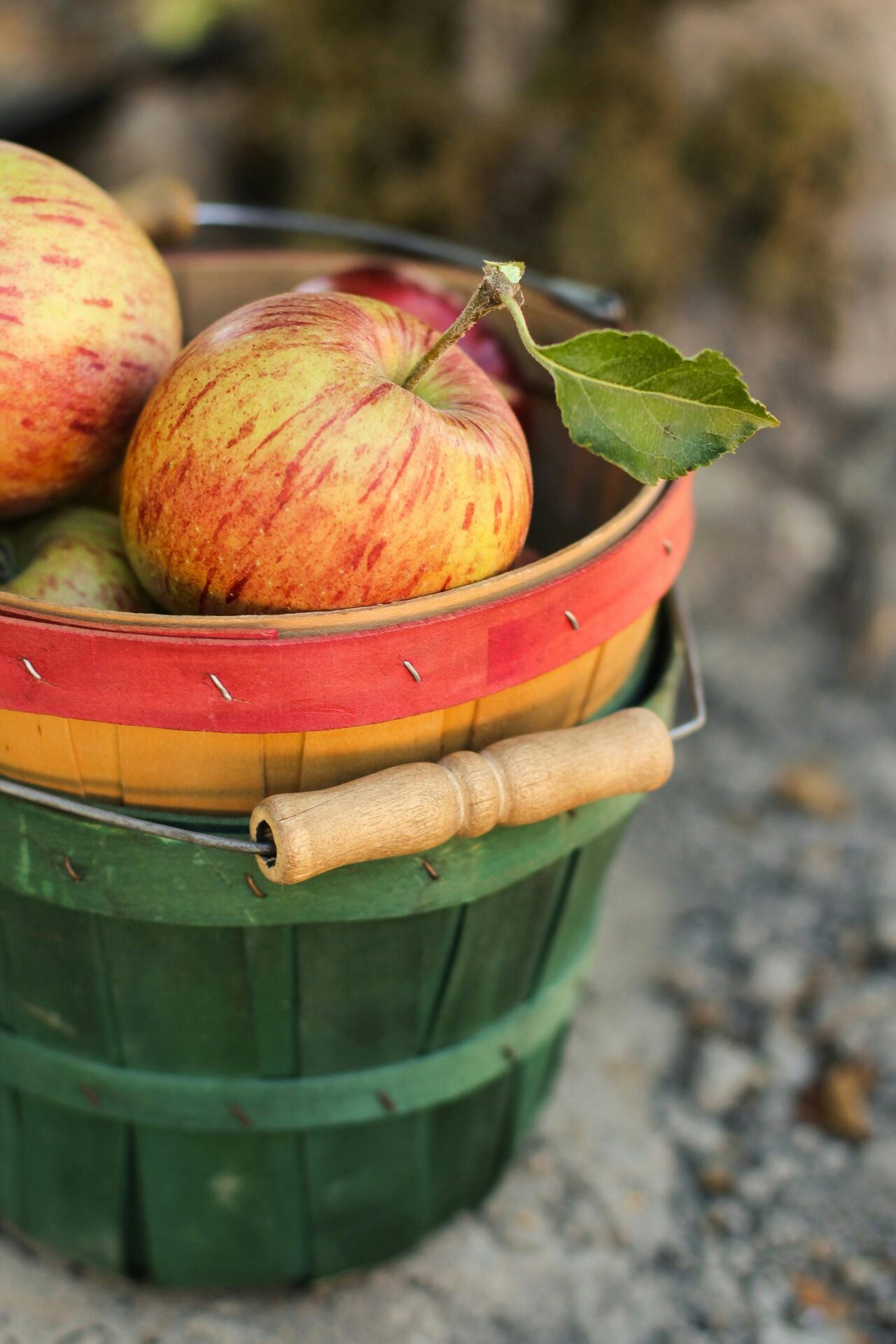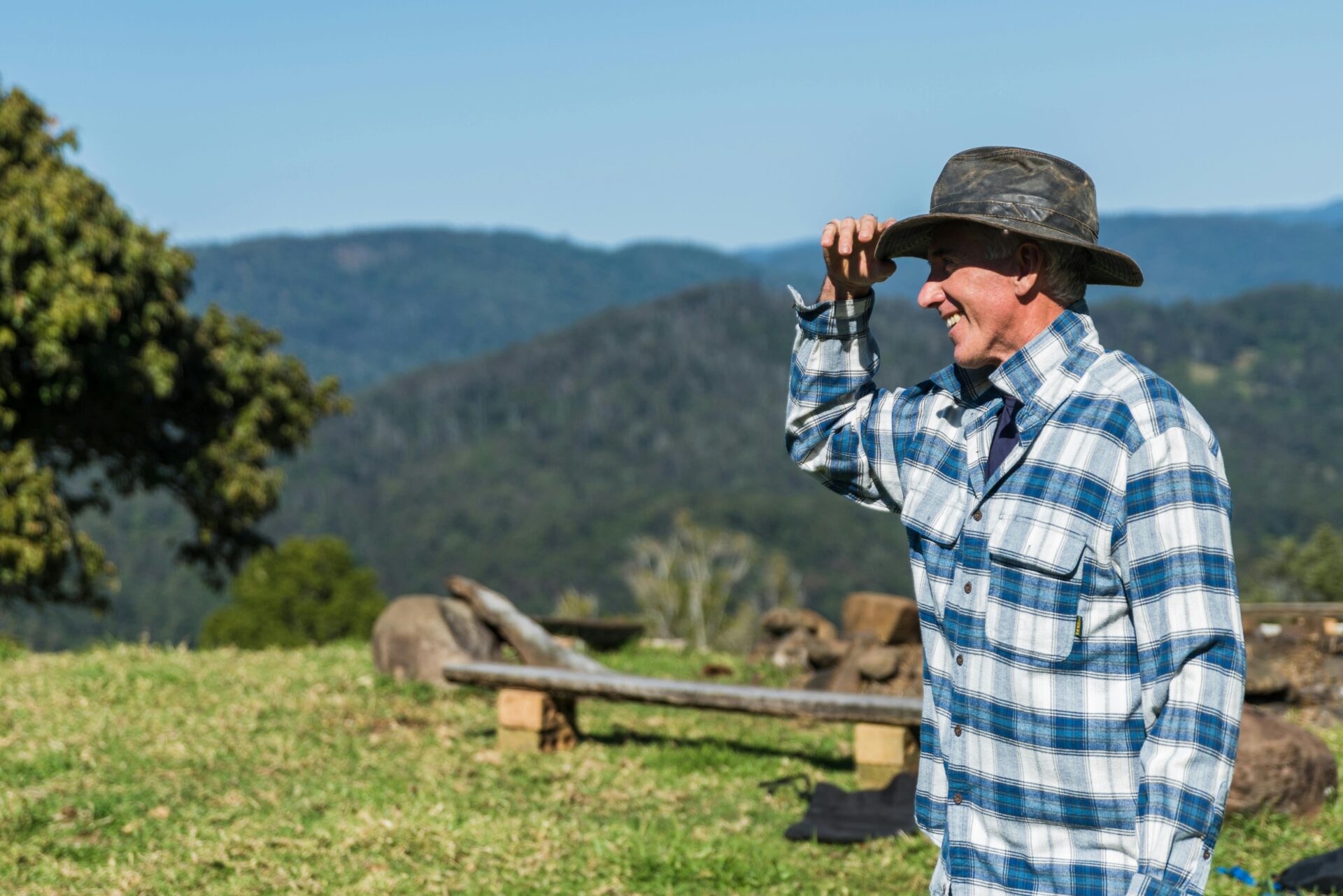Hobby Farm Insurance in Texas: Coverage That Fits Your Lifestyle
A hobby farm in Texas is more than just a piece of land. It’s a place to slow down, grow something with your own hands, and enjoy a rural way of life. Whether you're collecting eggs in the morning or tending to a small orchard, your farm reflects both passion and purpose. But even smaller operations carry risks that standard homeowners policies often overlook. That’s where Rollo Insurance comes in. We’re here to help Texas hobby farmers find coverage that makes sense for the life they’re building.
What Makes a Hobby Farm a Hobby Farm?
A hobby farm isn’t defined strictly by acreage. It’s more about the purpose behind the work. In general, hobby farms include:
- Personal over profit: You might sell a few goods now and then, but profit isn’t your main goal. Enjoyment, self-reliance, and lifestyle are the heart of it.
- Smaller scale: These farms often have fewer animals, smaller crop yields, and simpler setups than full-scale commercial farms.
- Hands-on owners: You’re the one feeding animals, planting, harvesting, and fixing the fence.
- Residential property: Most hobby farms include the owner's primary home on the land.
You may hear that farms need to stay under 50 acres to be considered hobby operations, but there’s no hard rule. A property’s purpose and level of activity matter more than its size. If the focus is more on rural living than commercial income, it likely falls under the hobby farm umbrella.
Risks You Might Not Expect on a Hobby Farm
Running a hobby farm is rewarding, but it still comes with hazards that homeowners insurance may not fully cover. Here are some risks to keep in mind:
- Farm buildings: Sheds, barns, and other outbuildings can be damaged by storms, fire, or wear and tear.
- Livestock: Animals can be injured, fall ill, wander off, or even pose a liability risk if they cause damage or hurt someone.
- Equipment: Tractors, mowers, and tillers are costly to replace and can cause injury if something goes wrong.
- Hay and feed: Improper storage can lead to spoilage or fire hazards.
- Agritourism: Occasional events like school visits or farm tours create additional liability exposure.
- Chemical use: Pesticides or herbicides, if mishandled, could cause damage or lead to legal claims.
- Foot traffic: Visitors and volunteers raise the chance of accidents on your property.
- Wildlife: Animals native to Texas may damage crops or harm your livestock.
- Interruptions: If a loss, like a barn fire, disrupts your ability to care for animals or tend crops, recovery can be slow and costly.


Coverage That Makes Sense for Your Hobby Farm
The right policy should reflect the way your farm runs and the property you care for. Here are common coverages that help fill the gaps:
- Farm Property Insurance: Protects barns, sheds, tools, feed, livestock, and machinery listed on the policy.
- Farm Liability Insurance: Offers protection if someone gets hurt or property is damaged because of your farm activities or animals. Higher limits than a typical homeowners policy are often recommended.
- Care, Custody, or Control (CCC): Useful if you care for animals you don’t own. It offers coverage if something happens to them under your watch.
- Livestock Insurance: Helps cover loss from fire, lightning, disease, or predator attacks. High-value animals may need to be listed individually.
- Equipment Breakdown Coverage: Pays to repair or replace machines that break down due to electrical or mechanical failure.
- Loss of Income Coverage: Steps in if a covered event temporarily stops your farming activity, such as a greenhouse fire.
- Agritourism Liability (if needed): If you host events or sell goods on-site, this coverage addresses the added risk.
Homeowners Insurance: Your primary residence and personal belongings still need separate protection. Make sure your policies work together without leaving gaps.
What Does Hobby Farm Insurance Cost in Texas?
The price of a hobby farm insurance policy depends on a few key factors:
- Size of the property
- Number and type of farm structures
- Value and amount of equipment
- Type and quantity of livestock
- Coverage limits and add-ons
- Claims history
- Location within Texas
As a rough range, hobby farm insurance in Texas might cost anywhere from $800 to $3,000 per year. A smaller setup without livestock could land on the lower end, while a larger farm with multiple buildings and valuable equipment will naturally cost more.


At Rollo Insurance, we say "The Difference Is Real." to encapsulate our dedication to our clients' well-being. Our focus is on securing reasonable premiums, providing comprehensive education on insurance coverage, and protecting our clients valued assets for life.
Rates
Education
Assets
Protecting the most valuable things you own.
Life
A partner who you can call on today, tomorrow, and the rest of your life.
Let Rollo Help You Protect What You’re Growing
Your farm may not be your full-time job, but it’s still a big part of your life. Whether you're growing vegetables, raising a few goats, or just enjoying wide open space, it’s worth protecting. At Rollo Insurance, we take the time to understand your goals and match you with coverage that fits your land, your budget, and your vision. Reach out today and let’s build a policy that helps your hobby farm thrive.
